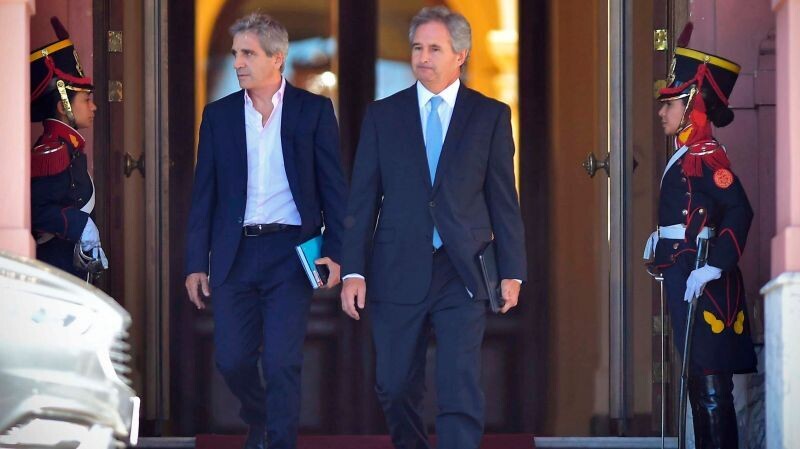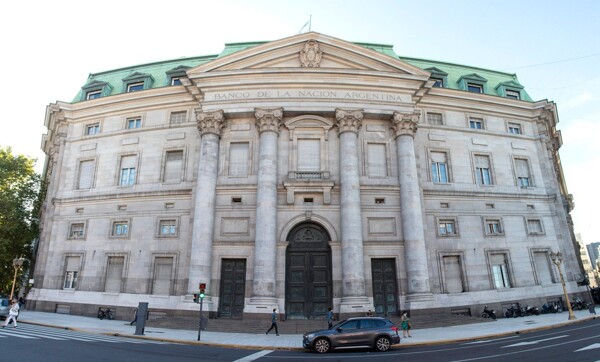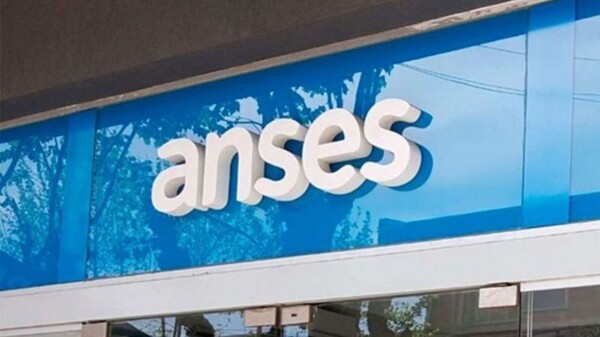
Financial markets have remained calm despite the dispute between the Government and economists over a supposed exchange rate lag. Bonds adjusted for the official exchange rate have not experienced significant fluctuations, reflecting limited movement in this market according to a trader from an ALyC.
The stabilization plan implemented so far is yielding concrete results, while the approach of Finance Minister Luis Caputo and Pablo Quirno from the Treasury Secretariat suggests that no major changes in the official dollar value are anticipated. It has been noted that despite the perception of exchange rate lag, the Government has managed to maintain some stability in the currency's value, avoiding sharp variations.
A strategy aimed at detecting demand in case of exchange rate lag, offering dollar-linked bonds, did not receive the expected response as revealed by Luis Caputo after the market closed. It is expected that the current exchange rate scheme will remain in place throughout the year 2025, and there is a noticeable scarcity of movement in various financial instruments such as dollar-linked bonds.
It has been mentioned that dollar-linked debt was repeatedly used as a financing mechanism during the Kirchner administration. Given the lack of significant movements in the futures market and dollar-linked issuances, the extinction of this modality is being considered. Furthermore, it is emphasized that the Government does not plan to drastically change its policies for the moment, prioritizing stability and risk management.
Continuity in the Government's financial management is expected, with particular attention to the auction of Treasury bonds that include varieties linked to the dollar. The current context suggests a cautious stance from the authorities, who seek to avoid mistakes that could compromise economic stability.














